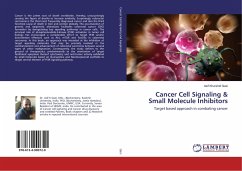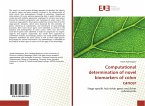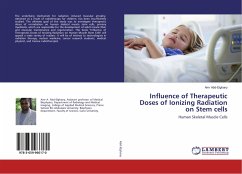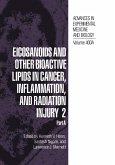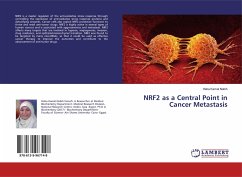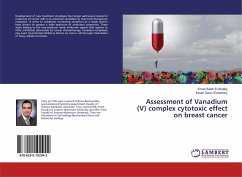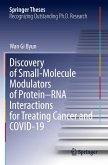Cancer is the prime root of death worldwide, thereby, unsurprisingly causing the figure of deaths to increase evidently. Surprisingly, colorectal carcinoma is the third most frequently diagnosed cancer and also the third foremost cause of death in men and women globally. The accumulation of genetic and epigenetic alterations facilitates colorectal cancer (CRC) formation by deregulating key signaling pathways in cancer cells. The principal role of phosphoinositide-3-kinase (PI3K) activation in tumor cell biology has encouraged a considerable effort to target PI3K and/or downstream effectors such as Akt, mTOR and FoxO3a in colorectal carcinoma. In this book, an approach was intended at the inhibition of target signaling molecules that may be precisely involved in the commencement and advancement of colorectal carcinoma between several types of other malignancies. Consequently, the study defines to the ground of therapeutics, predominantly to the orientation of target facilitated apoptosis thereof cytotoxicity and anti-tumor activity exhibited by small molecules based on Quinazoline and Meroterpenoid scaffolds to target central element of PI3K signaling pathway.

